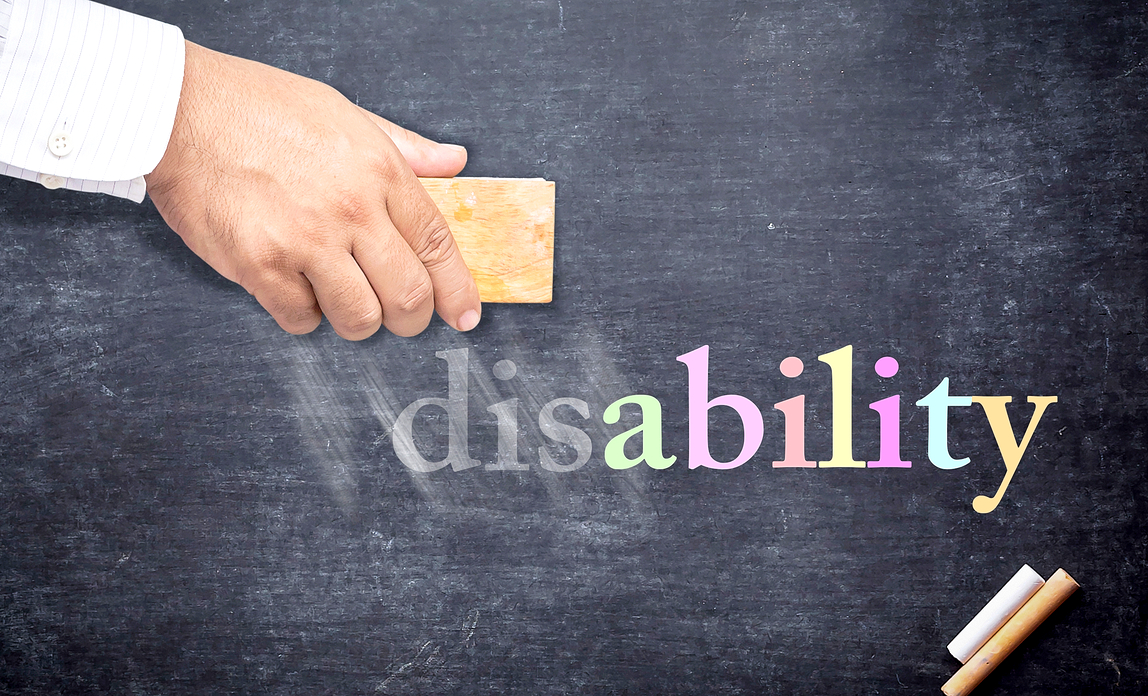LET US HELP YOU WITH YOUR DISABILITY DISCRIMINATION CLAIM
 If you’re reading this, chances are you have an illness, disability, or simply going through a pregnancy, and you suspect that you are being discriminated against in the workplace. Understandably, this can be a very frustrating & difficult situation to find yourself in, especially if you aren’t aware of how to prove your disabilities in court or to your attorney. Therefore, the following list includes five crucial ways to prove disability discrimination in court and begin to get your life back in order.
If you’re reading this, chances are you have an illness, disability, or simply going through a pregnancy, and you suspect that you are being discriminated against in the workplace. Understandably, this can be a very frustrating & difficult situation to find yourself in, especially if you aren’t aware of how to prove your disabilities in court or to your attorney. Therefore, the following list includes five crucial ways to prove disability discrimination in court and begin to get your life back in order.
- You Must First Prove Your Disability
No matter how obvious your disability might be to you and your co-workers, the reality is that you still need to verify that you are disabled or face a certain illness. Suppose you live within the state of California, for example. In that case, an employment attorney in Los Angeles will first inform you of what the term “disability” means within California state law. You might find that many issues don’t qualify for what the state deems a disability.Some of the personal issues that won’t align with that legal term include compulsive gambling and sexual behavior disorders, to name a few. Now, this does not mean you can’t file a claim as there are other ways apart from the legal term that you can prove disability discrimination. For example, you may be the spouse of someone with disabilities that also works within the company. If you are getting discriminated against because of your relationship, a Los Angeles workplace attorney would recommend taking action.
- Document Everything in Terms of Your Discrimination
A Los Angeles disability discrimination attorney will highly recommend clients document as much as possible because it can be easy for an employer to say they had no idea or address you failed to come forward. They can use this to demonstrate you made no effort to make things right. So, what should you be documenting? The simple answer is everything, but we want to be a little more specific here.It would be best if you always documented each time you faced discrimination. That includes what occurred, the time, who it was, location, and the task. You should also make sure that you document all the times that you brought your disability up to your employer and their responses to it. Note that all these documents should be issued promptly to your discrimination attorney to ensure a proper case gets built for you.
- Proving Discrimination During Application/Interview Step
In many cases, discrimination in the workplace happens before a candidate gets accepted for the job. Unfortunately, those who have visible disabilities may often be the first to experience this discrimination. Many disability discrimination attorneys have stated that their clients will often experience discrimination during the application or interview step of the process. You should note that employers are restricted from asking candidates about their medical history on the application or during the interview. In addition, it is also illegal to ask the person to take a medical exam if they want to get considered for the job. - Proving Lack of Proper Accommodations
According to the ADA, people with legal disabilities can request an employer to make reasonable accommodations within the workplace. Now the keyword here Is “reasonable.” This word is important because not all requests can be made if it places unnecessary hardship on the business. That is why it is imperative always to read and understand the EEOC to find the correct criteria for requesting accommodations. In addition, your employer can also counter with their version of accommodations that can meet their budget, capabilities, and your needs. Any requests that are not feasible by the business will usually not be upheld in court. So, what happens if they deny your accommodations requests altogether? The moment they deny your reasonable requests, according to the EEOC, the company would be violating the ADA. - Proving Harassment in the Workplace
When an employee requests accommodations be made for them, they will often face retaliation from their employer. This can be seen in various ways, such as lowering working hours, being skipped over for a raise, or even facing harassment. A similar case was heard regarding the harassment of an employee with disabilities in 2018 during the Caldera V Dep. of Corrections & Rehabilitation. The employee was publicly mocked over a PA system, which is deemed as harassment. Now, this was a very public situation where multiple people heard the announcement. An attorney for disability discrimination would recommend a client to obtain as much evidence as possible. If they can prove that harassment was made and promoted by the employer, then they will be in violation of both Title VII of the Civil Rights Act and the ADA.
